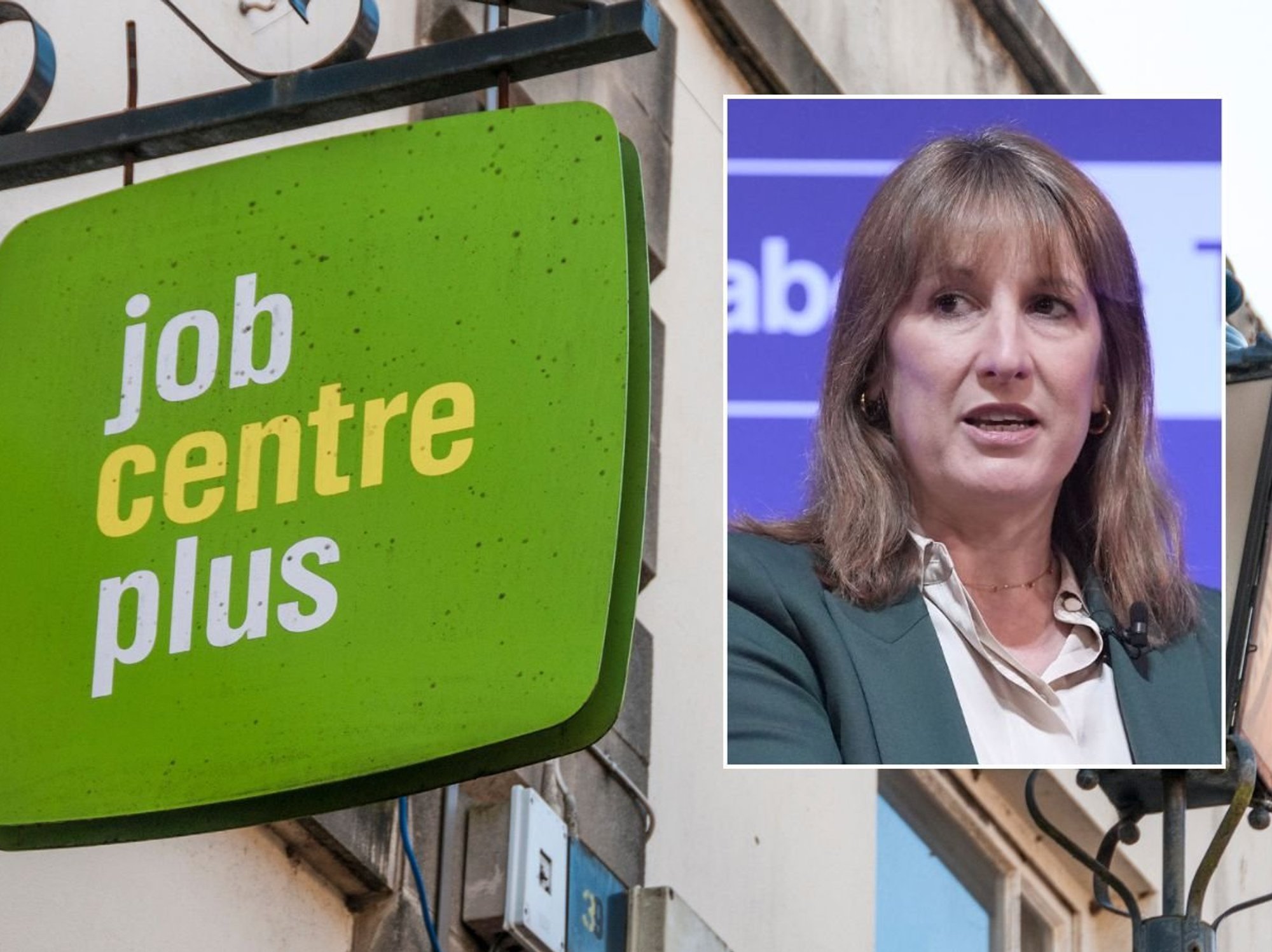‘Short-term saving can be a costly mistake’ as homeowners warned over winter insurance risks

Finance expert discusses tax incentives used to promote saving.mp4 |
GB News

Turning off heating or skipping boiler servicing could invalidate home insurance, Defaqto warns
Don't Miss
Most Read
Latest
Homeowners attempting to reduce winter energy costs face potential insurance pitfalls that could lead to expensive repair bills.
Financial information firm Defaqto has warned that certain cost-cutting strategies could render home insurance policies invalid.
Completely turning off heating systems, allowing indoor temperatures to drop below required levels, or skipping essential boiler maintenance could breach policy conditions.
These actions particularly risk coverage for water damage from frozen pipes.
TRENDING
Stories
Videos
Your Say
Angela Pilley, a home insurance expert at Defaqto, said: "Persistently high winter fuel costs are forcing many people to make tough choices about their household budgets.
"But a short-term saving, like turning your heating off, can quickly become a costly mistake if pipes freeze then burst and cause serious water damage."
Research conducted by Defaqto in October revealed that four out of five boiler and home emergency insurance policies demand evidence of regular servicing.
The analysis found 82 per cent of such policies require documentation proving maintenance within specified timeframes, typically ranging from one to three years, or adherence to manufacturer schedules.
Insurance companies have also introduced stricter conditions regarding temperature maintenance.

Homeowners trying to cut winter energy bills risk invalidating insurance if cost-saving measures cause damage
| GETTYMs Pilley said certain policies now mandate minimum heating levels during brief absences of just several days, with some extending this requirement to occupied homes.
"Some insurance policies now require minimum heating levels to be maintained if you are away for only a few days and some even when the property remains occupied.
"If a pipe bursts because the temperature wasn't maintained, you may find you're not covered," she said.
The research also uncovered significant restrictions on boiler age, with more than one-third of policies refusing coverage for older systems.
Specifically, 35 per cent will not insure boilers exceeding certain age thresholds, commonly 10 or 15 years, while some policies restrict coverage to units under nine years old.
LATEST DEVELOPMENTS

Consumers should be aware that 83 per cent of boiler insurance policies include a waiting period before claims are allowed
| GETTYConsumers considering new boiler insurance should note that 83 per cent of products impose initial waiting periods before claims can be submitted.
Ms Pilley said that while most commonly lasting a fortnight, these exclusion periods vary from 24 hours to three months.
Over half the policies examined offer financial assistance for boiler replacements when repairs prove impossible.
Defaqto found 57 per cent provide contributions ranging from £250 to £2,500, with some covering full replacement costs through designated suppliers, though minimum policy duration requirements typically apply.
Louise Clark, manager of general insurance policy at the Association of British Insurers, emphasised preventative measures homeowners should adopt during cold weather."
As the cold snap bites and temperatures tumble, a few simple precautions can help you avoid the disruption and distress of frozen or burst pipes this winter.
"Insurers are ready to help if the worst happens, but prevention is always better than cure," she said.
She recommended using anti-frost features on smart heating systems, maintaining heating on timers or at specific levels, and notifying insurers about extended absences.
For vacant properties, she suggested programming heating schedules or shutting off water supplies to minimise freezing risks.
"Don't forget to take a moment to read your insurance policy’s terms and conditions so you know exactly what you're covered for," Ms Clark added.
Defaqto recommends several practical steps to avoid invalidating coverage.
Homeowners should thoroughly review their insurance documentation, particularly checking servicing obligations, age restrictions and power output limits for boiler coverage.
Properties left empty require special attention to temperature maintenance requirements.
Smart thermostats often feature anti-frost functions that maintain minimal warmth to prevent pipe freezing.

Programming heating timers before travelling provides additional protection
| GettyTraditional radiators typically display a snowflake icon indicating a setting that permits limited water circulation between pipes and radiators, preventing freezing while heating only selected rooms.
Programming heating timers before travelling provides additional protection.
When replacing boilers, homeowners must verify their current insurance will extend to new equipment.
Recent boiler purchases may include manufacturer warranties with standard coverage, though exclusions should be carefully examined.
Ms Pilley said: "A few simple precautions such as maintaining your heating and servicing your boiler will make all the difference in keeping your cover valid and protecting your home through winter."
More From GB News










